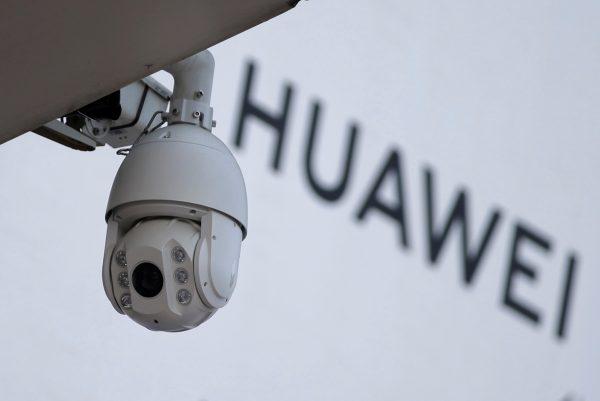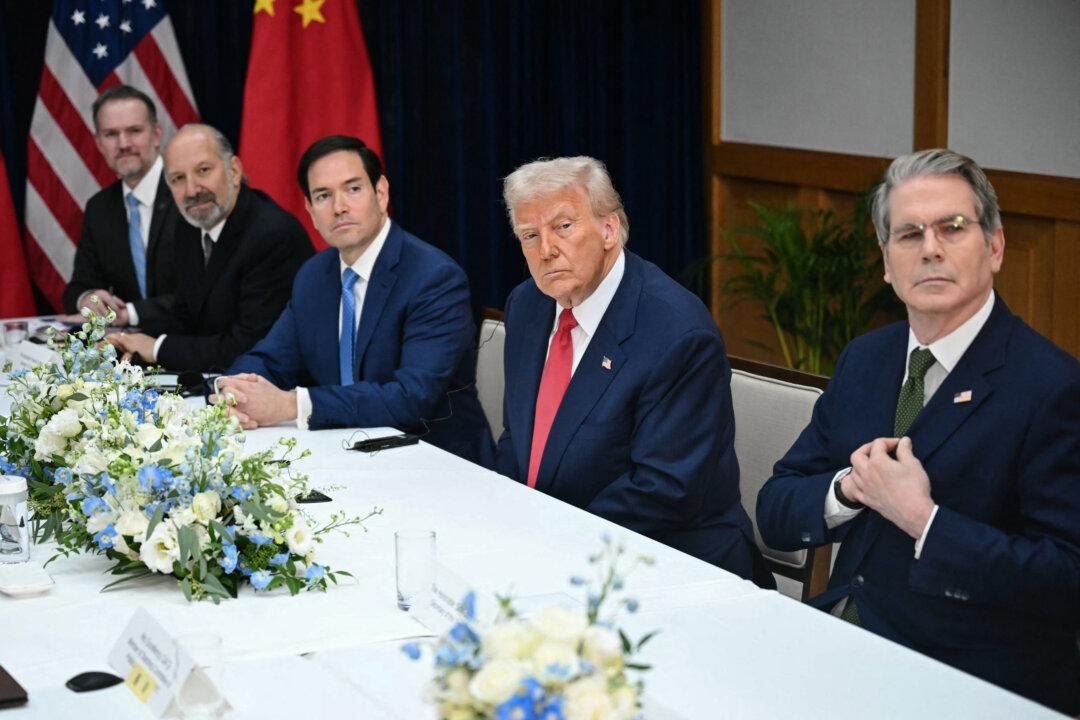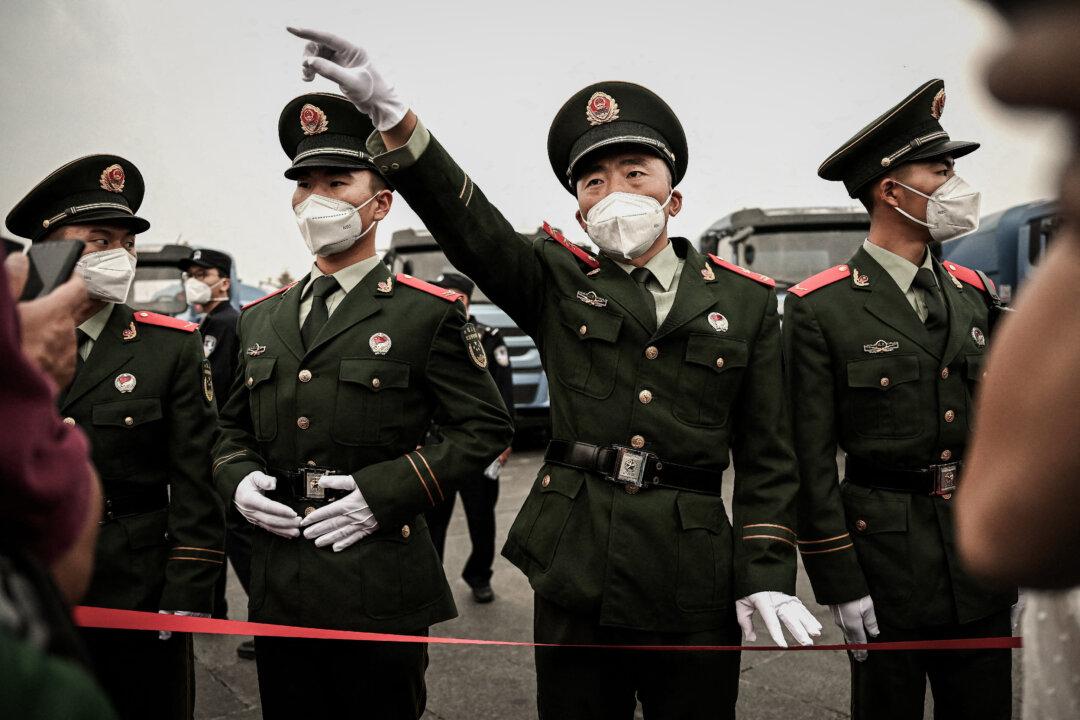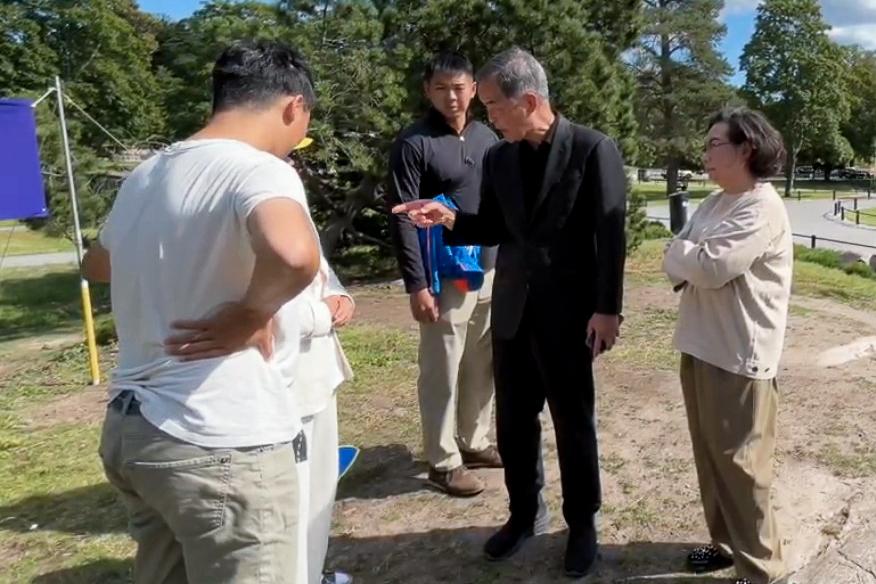Commentary
On March 7, Huawei announced from its Shenzhen headquarters that it had filed a lawsuit in Texas against the U.S. government, claiming that provisions in the 2019 National Defense Authorization Act banning the use of Huawei and ZTE products are in violation of the U.S. Constitution.
In this case, the crux of the matter isn’t whether or Huawei has any chance of winning the lawsuit, but that under the leadership of the Chinese Communist Party (CCP), there is no constitutionalism or rule of law. In China, citizens and foreigners alike are deprived of basic judicial rights, and Huawei helps the CCP violate human rights through its development of the internet firewalls and surveillance technology that are used to censor and monitor the Chinese people.
Yet Huawei, being such a close accomplice to these abuses, sees no shame in using American judicial independence in an attempt to challenge U.S. legislation.
Meanwhile, the CCP continues to publicly and categorically deny the independence of the Chinese judiciary. This is the biggest irony. The United States’ national-security concerns about Huawei products, in fact, revolve around Huawei’s domestic surveillance and intelligence-gathering techniques being exported internationally. Using the same set of hardware and software, what can be achieved in China can surely be done anywhere on earth.
China News
Opinion
Is the Huawei Lawsuit the Start of a Legal War?
Huawei, accomplice to the CCP’s human rights abuse, sees no shame in using American judicial independence in an attempt to challenge U.S. legislation.
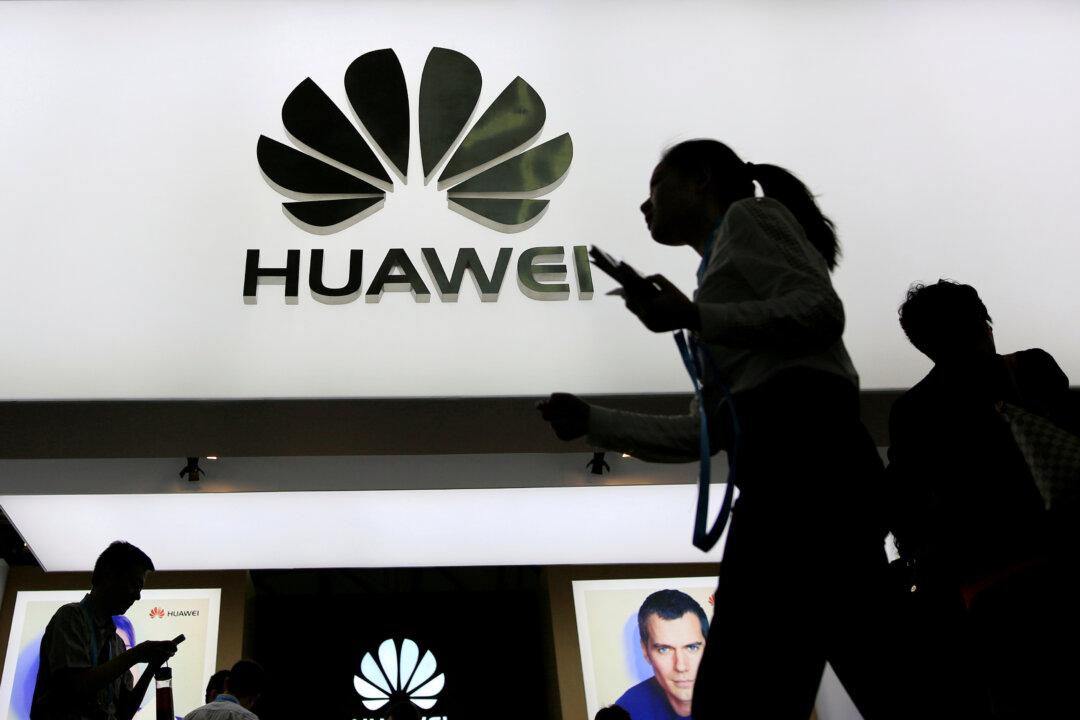
People walk past a sign board of Huawei at CES (Consumer Electronics Show) Asia 2016 in Shanghai, China on May 12, 2016. Aly Song/Reuters
|Updated:

